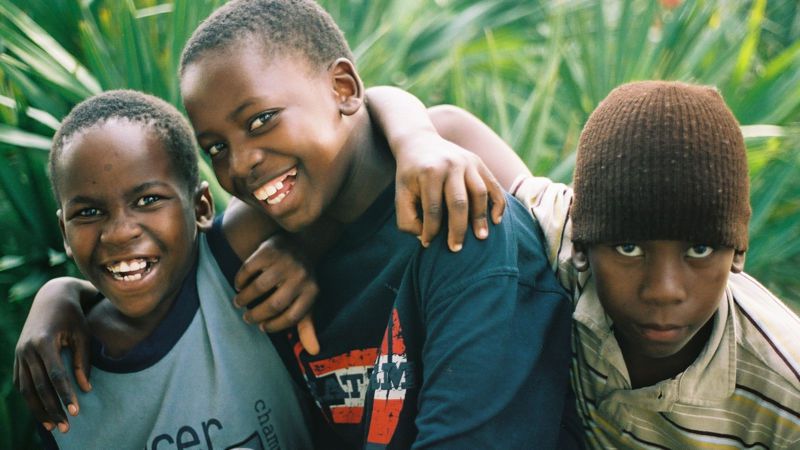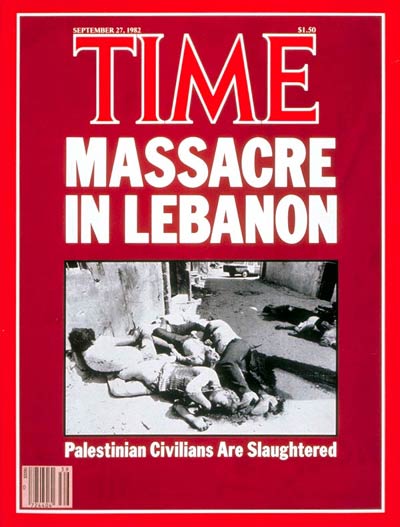Where does it begin, the hatred that wants to hear women and children scream in terror? What kind of narrative makes one willing to cause their suffering?
If America is “ever going to get turned around, it will be a bloodbath,” Patrick Eugene Stein is quoted as saying. He is one of three conspirators arrested last week for plans to attack a Somali Muslim community in Kansas, according to the Department of Justice.
They called themselves the “Crusaders.”
Beyond killing this particular group of Muslims, their hope was to ignite a “religious war.” The assumption was that other groups with mindsets like theirs, scattered around the country, would engage in similar atrocities. And “atrocity” is the only word for it. Even the “babies” of this community were not to be spared, according to the Washington Post article on the incident. Their motivation was allegedly that “these [Muslim] groups represent a threat to American society.”
They were caught, and stopped, before blood was spilled. Praise God.
But we must ask again: Where does such murderous hatred begin?

These men, determined to destroy a small community they are convinced doesn’t belong in the U.S., call themselves Crusaders. The original Crusades, which took place over the course of several centuries in the Middle Ages, often involved masses of European Christians manipulated by religious leaders to march to the Middle East and free Jerusalem or other cities from Muslim control. Muslims, and sometimes Jews, were often slaughtered. Many, many Europeans died in – they thought – the service of the cross. Yet most Christians of other eras would look back on this time with deep grief, acknowledging that these were no heroes, and that they certainly weren’t furthering the Kingdom of God or following the teachings of Christ (which they likely didn’t have the access or ability to read for themselves). It’s sadly appropriate that a group seeking to kill Muslims in America would claim the “crusader” title for themselves.
But we don’t have to go back that far in history to see a reality similar to the one that almost played out in Kansas, one we should want desperately to avoid.
During my few years here, I’ve gradually learned and understood more about the still-too-recent, fifteen year civil war that pitted the citizens of religiously diverse Lebanon against each other, based often (although this is much too simplistic a summary) on religious divisions.
One horrific incident stands out in my mind, as I consider the haunting remarks of these three men from Kansas. I see a connection because of the nature of the violence they were motivated to carry out, and because of the way I hear them justifying it.

Mentioning the words “Sabra and Shatila” will make many who know what they mean wince at the dark memory. In 1982, a Christian milita in Lebanon inflicted a truly horrific massacre on Lebanese Shi’ite Muslims and Palestinian refugees. The ways they brutalized children and women, that night, are unimaginable. The bodies of mutilated civilians were piled in the streets. The cruelty was limitless.
Where do atrocities like the Sabra and Shatila massacre begin? I have met one man in Lebanon who lives with regret about his participation in and leadership of a Christian militia of that era, and who can explain exactly where it began in his own life, years before the horrors actually unfolded. Assad Chaftari notes that the root of the violence could be traced back to his childhood, to attitudes about Muslims within his own family. His repentance has involved a changed attitude toward the Muslim population.
“I started off disliking the Muslims and Palestinians, then I hated them, and eventually I was afraid of them and wanted only to destroy them.”
“Everyone around me would describe Muslims as ‘dirty,’ ‘poor,’ ‘lazy,’” he shares. “They would say:‘Look at the ridiculous way they pray…look at all the children they have….We believed Lebanon had been given by the French to the Christians and that we were the rightful inhabitants while the Muslims were invaders and traitors.’”
Chaftari and others now lead out in a movement of humility, repentance, reconciliation, and peacemaking in Lebanon. This video highlights the testimonies of those, both Christian and Muslim, whose mindsets had allowed them to justify horrific actions during the war, who look back on them with deep grief, and who are attempting to steer this generation away from the perspectives that could lead there again.
Fighting for Peace Documentary_Lebanon
The film is a campaign documentary produced by the British Council under the Active Citizens project national initiative to promote peace and community cohesion. This Documentary raises awareness about the risks of slipping into the civil war again and the danger of using armed conflict and violence as a solution.
Let’s reconsider the new “crusaders” in Kansas, and the many they hope are like them. How can we work to prevent an American version of Sabra and Shatila?
First: perhaps you, like many Americans, are sick of politically correct speech, of feeling like you have to walk on egg shells to avoid offending others, and of words like “islamaphobia.” Resistance to all things “PC” is a rising sentiment. But hear this: I’m not suggesting that anyone mimic a vocabulary that carefully submits to new societal norms imposed on you by an elite you don’t identify with, or that you or others censor and filter yourself so that your opinion is contained or hidden below the surface. I’m praying and begging for disdain, superiority, and hatred to be rooted out of hearts – all of our hearts – because it leads to horrors that we wouldn’t have imagined our friends and neighbors and communities are capable of. The blinders grow thick over our eyes, unless we help each other be aware of and remove them (Hebrews 3:13). The self-deception and group-think becomes so unquestioned and convincing and self-affirming that we can’t see which way is up, anymore. We must – we must – look at the bloody, mutilated horror of Sabra and Shatila and know that when any group of human beings, in the mountains of Lebanon or the suburbs of America, allows this kind of hatred to quietly grow unconfronted, we are capable of creating this same nightmare.
Friend, if you must consider Muslims in America your enemies, ok. But you and I, Christ-follower, are commanded to love anyone in that category (Matthew 5:43-45).
And love will stand up for our Muslim neighbors’ good and safety. Love will advocate for and defend them. Love will not be silent when they are threatened. Love will give the benefit of the doubt and realize that the vast majority of Muslims are not terrorists, although we’ve grown to assume so over the last fifteen years. Love will create an outcry when men like these modern “crusaders,” with their plots and murderous words and hatred, make the news.
Do the hard work of choosing words and actions that make for peace (James 3:17-18). Refuse silence, but also choose to converse respectfully and winsomely. Combative and polarizing language will not change hearts or positively influence these delicate dynamics. Stand boldly in advocacy for our Muslim neighbors. Champion the only legitimate religious liberty, which is for all. Realize that there is no previous version of America worth stooping to hatred and violence to retrieve.
Root out any rhetoric (question one-sided, inflammatory websites, demonizing Facebook memes, and polarizing talk radio hosts) that causes you to perceive Muslims as monsters instead of human beings, or make you think you understand a whole group when you don’t know even one Muslim personally.
Friends, horrible, cruel, devastating events begin in individual and collective attitudes and in human hearts. Will the conversations you’ve participated in, or ignored, contribute to a tumbling, seemingly inevitable outcome that the world will grimace and grieve over? Let’s learn from Sabra and Shatila, and from men like Assad Chaftari, before it’s too late. Let’s follow his lead in humility and repentance for attitudes and assumptions now, urgently, and not face the need to collectively repent of some horrors we could have worked together to avoid.
